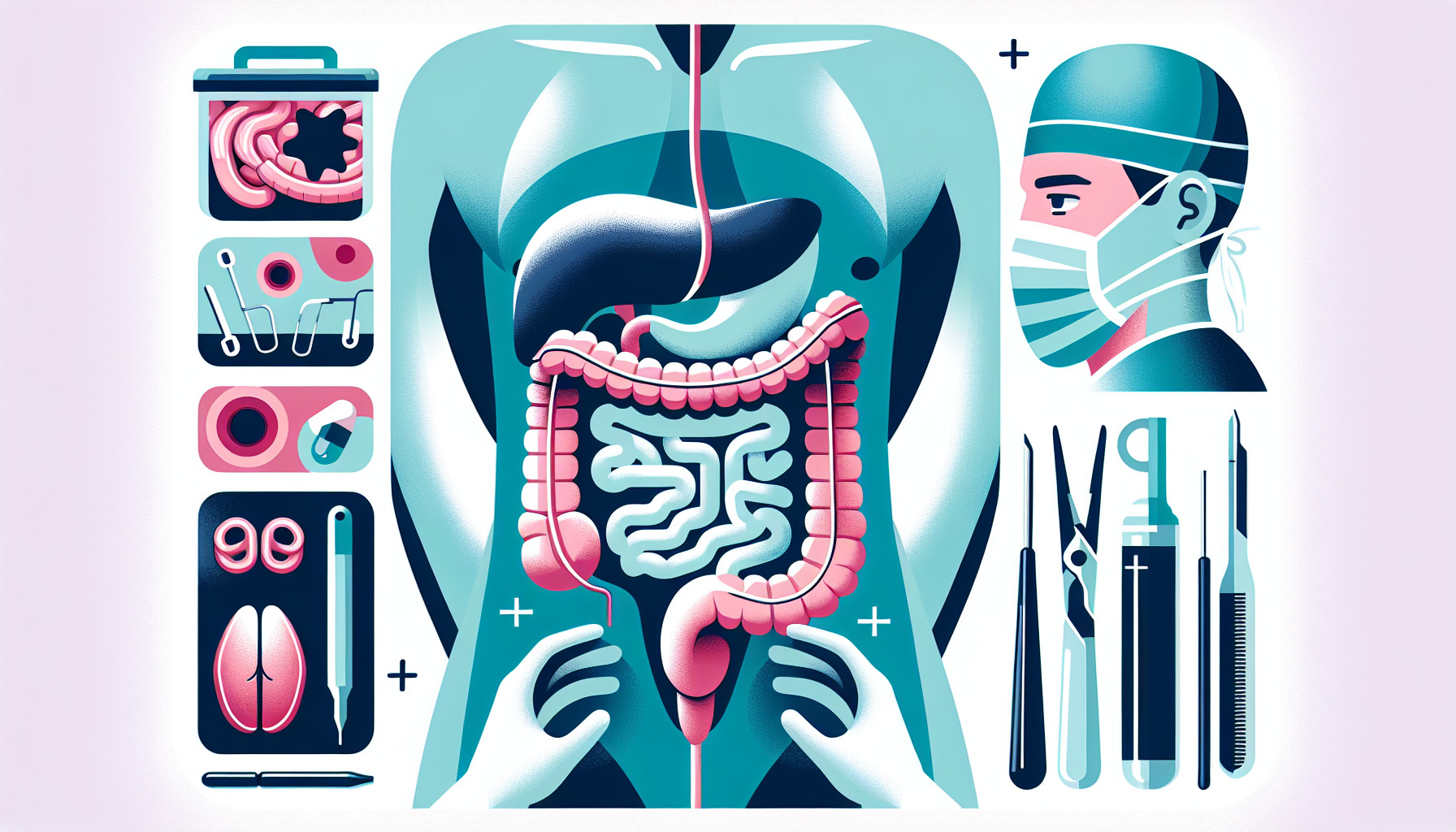Our Summary
This research paper discusses the challenges and progress in the field of intestinal transplantation. Intestinal transplants are among the most complex organ transplants and carry the highest risk of rejection. This means that the process of managing the immune system (immunosuppression) to prevent rejection is complex too. The authors have reviewed and evaluated the latest methods for managing this immune response, including both established and new therapies.
They have also reviewed strategies for managing patients who have a high sensitivity to transplants. Despite these challenges, there have been significant improvements in the success rates of intestinal transplants since these management strategies were introduced. However, the protocols used can vary greatly between different medical centers.
The field of intestinal transplantation is still relatively new and faces challenges including a limited number of medical centers capable of performing these transplants and their geographical spread. This makes it difficult to conduct large-scale studies compared to other types of organ transplants.
As these specialized medical centers refine their protocols and share their results, future research should focus on developing more effective methods for managing the immune response after an intestinal transplant.
This paper reviews certain drugs such as Alemtuzumab, Rituximab, Vedolizumab which are used to prevent the body from rejecting the transplanted organ.
FAQs
- What makes intestinal allografts more complex and higher risk than other solid organ transplants?
- What progress has been made in clinical outcomes for intestinal transplantation since the implementation of induction strategies?
- What are some of the challenges in the development of intestinal transplantation research and practices?
Doctor’s Tip
A doctor may advise a patient undergoing an intestinal transplant to closely follow their prescribed immunosuppressive medication regimen to reduce the risk of rejection. It is important for the patient to communicate any changes in their health or symptoms to their healthcare team promptly. Additionally, maintaining a healthy lifestyle, including proper nutrition and regular exercise, can support the success of the transplant.
Suitable For
Patients who may be recommended for intestinal transplant include those with:
Short bowel syndrome: Patients with short bowel syndrome may have difficulty absorbing nutrients due to a lack of functioning intestine, leading to malnutrition and other complications.
Chronic intestinal failure: Patients with chronic intestinal failure may have ongoing issues with absorbing nutrients, leading to weight loss, malnutrition, and other complications.
Intestinal motility disorders: Patients with intestinal motility disorders may have issues with the movement of food through the intestines, leading to symptoms such as bloating, constipation, and abdominal pain.
Inflammatory bowel disease: Patients with inflammatory bowel disease, such as Crohn’s disease or ulcerative colitis, may have severe complications that require removal of the intestine and a transplant.
Intestinal tumors: Patients with tumors in the intestine may require removal of part or all of the intestine and a transplant.
Intestinal vascular disorders: Patients with disorders affecting the blood supply to the intestine may require a transplant to restore proper blood flow and function.
Overall, patients recommended for intestinal transplant are those who have severe intestinal dysfunction that cannot be managed with other treatments, and who have a high risk of complications or mortality without a transplant.
Timeline
Before intestinal transplant:
- Patient is evaluated for intestinal transplant candidacy, including medical history, physical examination, lab tests, and imaging studies.
- Patient undergoes extensive pre-transplant work-up, which may include psychological evaluation, nutrition assessment, and social support evaluation.
- Patient is placed on the transplant waiting list and awaits a suitable donor match.
- Patient may undergo pre-transplant treatments to optimize their health and manage complications related to intestinal failure.
After intestinal transplant:
- Patient undergoes surgery to receive the intestinal transplant, which may involve removing the native intestine and replacing it with the donor intestine.
- Patient is closely monitored in the intensive care unit post-transplant for any complications or signs of rejection.
- Patient begins a regimen of immunosuppressive medications to prevent rejection of the transplanted organ.
- Patient undergoes regular follow-up appointments and monitoring to assess the success of the transplant and adjust medications as needed.
- Patient may experience complications related to the transplant, such as rejection, infection, or side effects of immunosuppressive medications.
- Patient may need long-term support and care to manage the transplant and its effects on their overall health and quality of life.
What to Ask Your Doctor
- What is the success rate of intestinal transplants at this hospital/medical center?
- What are the potential risks and complications associated with intestinal transplantation?
- What is the expected recovery time after an intestinal transplant?
- What kind of follow-up care will be required after the transplant?
- What type of immunosuppressive medications will I need to take after the transplant?
- How will the transplant affect my diet and nutrition?
- How often will I need to come in for check-ups and monitoring after the transplant?
- Are there any restrictions on activities or lifestyle changes I will need to make after the transplant?
- What is the long-term outlook for intestinal transplant recipients in terms of quality of life and overall health?
- Are there any alternative treatments or therapies to consider before opting for an intestinal transplant?
Reference
Authors: Paulo Guzman J, Maklad M, Osman M, Elsherif A, Fujiki M. Journal: Hum Immunol. 2024 May;85(3):110800. doi: 10.1016/j.humimm.2024.110800. Epub 2024 Apr 9. PMID: 38599892
